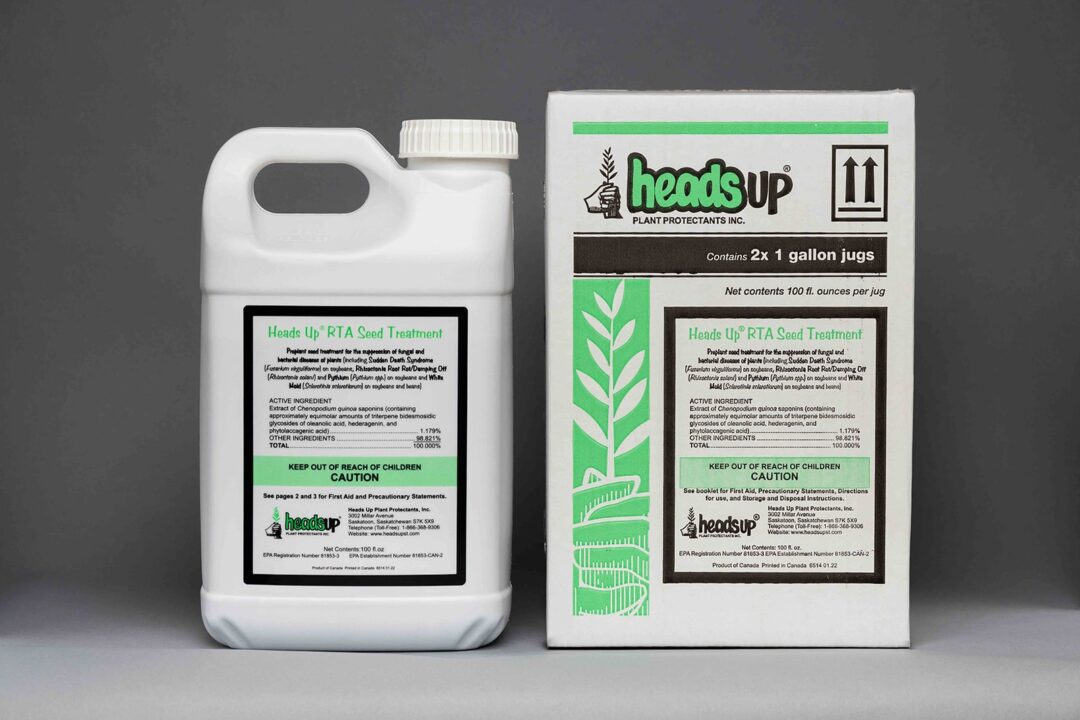Opinion: RIP for Crop Protection Rebates?
Last year at this time I was putting the finishing touches on the story I wrote for our first State of Distribution report. The subject was crop protection rebates and the havoc they ultimately wreak on the business of ag retail.
I also dug into the ugly question of how crop protection products were ending up in the hands of entities like Farmers Business Network (FBN), when so many crop protection companies I talked to denied doing direct business with them.
Of course, rebates — and the need to meet rebate quotas to generate reasonable profit levels from crop protection sales — revealed that product comes from everywhere. Some post-patent companies, distributors, and even retailers were moving product through channels that ultimately ended up with FBN or a broker.
Still, most of the individuals I talked to predicted that rebates would not be going away anytime soon, although none would speak on the record.
As I write this, I am preparing for meetings with crop protection manufacturers at the CropLife America annual conference, and the rebate discussion will again be on the table. I still remember one conversation I had with a North American head of one of the Big Four:
Me: This rebate story was really interesting, but I had to write the story with a lot of off-the-record comments, since so few were willing to talk.
Him: I imagine so.
Me: So, would you have anything to say about rebates?
Him: No, not really.
Me: Off the record?
Him: No, not at all.
Ah, the life of an ag journalist.
Fast-forward to this year’s report in the October issue of CropLife magazine and my revisit to the crop protection market, with a focus on the response to price transparency and electronic commerce among ag retailers.
The models are interesting, as are the motives of each for creating electronic commerce for crop protection. Many feel as though the trend for farmers to look to e-commerce to reduce production costs is here to stay and likely to continue to grow, if slowly. Sanctioning an e-commerce engine that keeps them in the loop with the farmer but that eliminates the time and energy of servicing a low-profit product sale directly makes sense.
The other interesting assertion from one of the folks I interviewed was that widespread e-commerce in crop protection, along with the diminished power that manufacturers have with so few unique products in the pipeline, could spell the end of rebates — sooner than later.
Crop protection products are of course vitally important to modern farming. Their management in the face of increasing regulation and issues, such as resistance management, will continue to be a critical role for retailers. But if retailers are able to put aside the slush built into the rebate system and sell product at a price that’s consistent and competitive, it would be a heck of a lot easier to charge appropriately for services and to help growers understand the real cost of handling and application that they are being charged.
Some of our retailers are taking the challenge from e-commerce head-on. We applaud their efforts. If, along the way, it sparks a significant shift away from rebates as sales incentives, then all the better.






